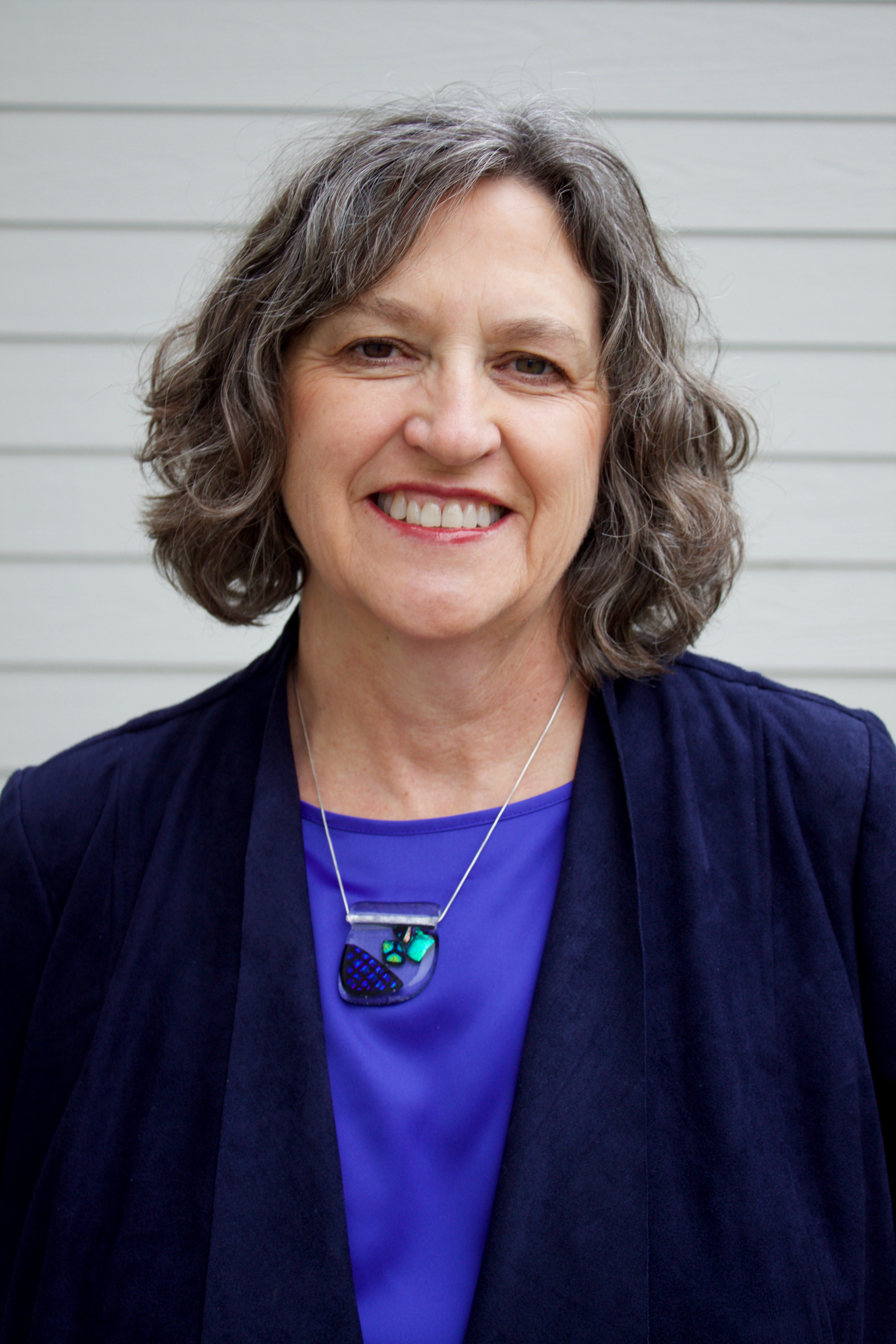Faculty, Staff & Students
Nancy Rumbaugh Whitesell, PhD

Associate Professor, University of Colorado Anschutz Medical Campus
Dr. Whitesell’s work focuses on child and adolescent development within the contexts of American Indian and Alaska Native (AIAN) communities. Her research projects apply developmental science to inform preventive interventions to improve outcomes for both young children (birth to five years) and young adolescents (10 to 14 years).
Through her leadership role in the Tribal Early Childhood Research Center, she collaborates with early childhood programs in tribal communities around the country, including Home Visiting, Head Start, and Child Care programs, to facilitate research-to-practice connections and to engage community stakeholders in research. She is currently leading the Multi-site Implementation Evaluation of Tribal Home Visiting (MUSE) to study the implementation of home visiting within 16 tribes and urban Indian organizations communities around the country. Dr. Whitesell’s current adolescent work is an intensive partnership with one Northern Plains reservation focused on developing and evaluating a family-based program for prevention of early substance use and promotion of positive adolescent development.
Dr. Whitesell co-directs the Native Children’s Research Exchange (NCRE), a national organization of researchers and students in both academic and community settings who use developmental science to understand child and adolescent development and apply this knowledge to intervention efforts. NCRE hosts an annual conference at the Centers for American Indian and Alaska Native Health on the University of Colorado Anschutz Medical Campus and provides mentoring to postdoctoral and graduate student researchers through the NCRE Scholars program.
Two distinct areas of methodological expertise inform Dr. Whitesell’s work. The first is Community-Based Participatory Research (CBPR) approaches that engage AIAN community partners in all aspects of research, from the identification of study goals through the interpretation of data and dissemination of findings. This approach helps to ensure that research is relevant to local communities, methods are appropriate and resulting data are reliable and valid, interpretations are grounded, and local capacity for research is developed.
Dr. Whitesell’s second area of expertise is in statistical methodologies that support the application of rigorous research methodologies to the questions identified with community partners. Her expertise in latent variable statistical methods, including measure development (e.g., factor analysis, latent class models), structural equation modeling and longitudinal modeling (e.g., latent growth curve modeling) serves to support more accurate understanding of developmental processes that, in turn, inform intervention efforts.




